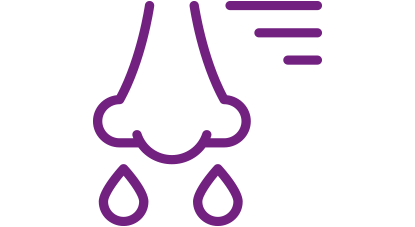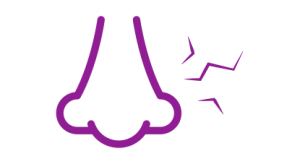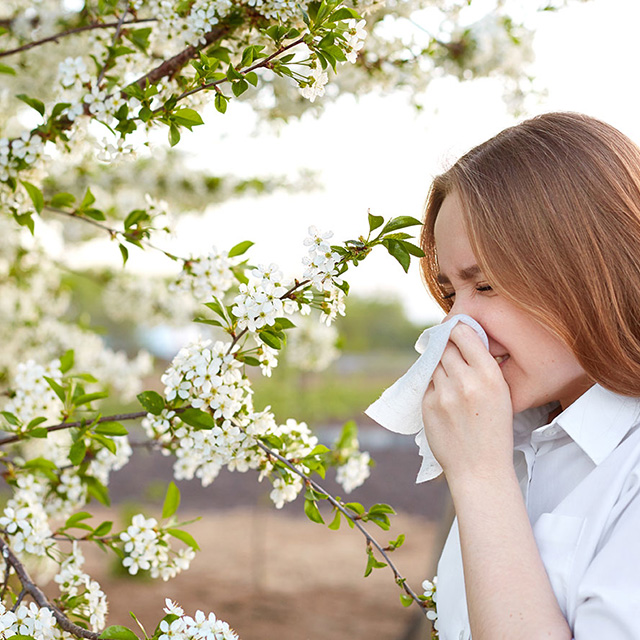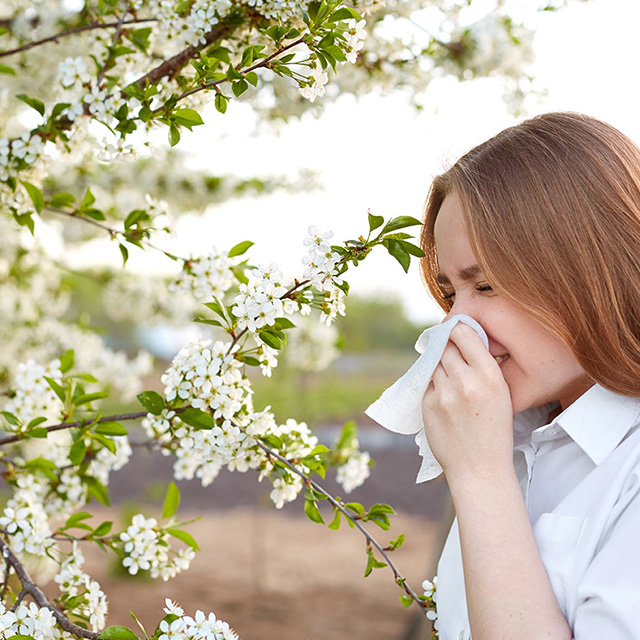

Once the allergen is identified, there are things you may do to minimize exposure to it. This may be achieved by removing plants from your garden, avoiding contact with pets or changing how you clean your house. 1

Depending on your allergy, medication can help reduce symptoms. These include:1,2
With severe allergies, your doctor may recommend immunotherapy. 1
The first step in managing allergic rhinitis (hay fever) is to avoid allergens that trigger the symptoms. 1
Some of the most common allergens are: 2,3
Antihistamines counter the effects of histamine, the irritating chemical released when we have an allergic reaction. Histamine is primarily responsible for causing allergy symptoms. 4
ANTIHISTAMINES HELP TO RELIEVE NASAL ALLERGY SYMPTOMS SUCH AS: 5



Telfast is a long-acting antihistamine that relieves symptoms within 30 minutes and does not cause drowsiness.14
*80% of the subjects reported symptom relief for all four categories (sneezing, rhinorrhea, itchy eyes, itchy nose, palate, and throat) within 30 minutes.

Older antihistamines may cause drowsiness or
performance impairment, which can lead to accidents and personal injury.20
Fexofenadine is approved by the UK Civil Aviation Authority and by the USA
Federal Aviation Administration (FAA) for use in pilots.30
Other options for the treatment of allergic rhinitis depends on the symptoms
and may include intranasal corticosteroids, decongestants, intranasal cromolyn,
intranasal anticholinergics, and leukotriene receptor antagonists.21
There are two types of urticaria (hives), short-lived (acute) and long-term (chronic). If the cause of hives can be identified, the first thing you should focus on is avoiding known triggers. Common causes of urticaria (hives) include: 1









BLOOD TRANSFUSIONS

BACTERIAL INFECTIONS

LATEX

PHYSICAL STIMULI E.G. COLD, HEAT, EXERCISE OR SUN EXPOSURE

CERTAIN FOODSE.G. NUTS, EGGS AND SHELLFISH

MEDICINESE.G. ANTIBIOTICS, ASPIRIN AND IBUPROFEN

POLLEN

PET DANDER
In addition to antihistamines, your healthcare provider may recommend anti-itch creams to ease the symptoms.
Severe episodes of urticaria (hives) may require temporary treatment with a corticosteroid medication. If your reaction involves swelling of your tongue or lips, or you have trouble breathing, seek medical help. 1


